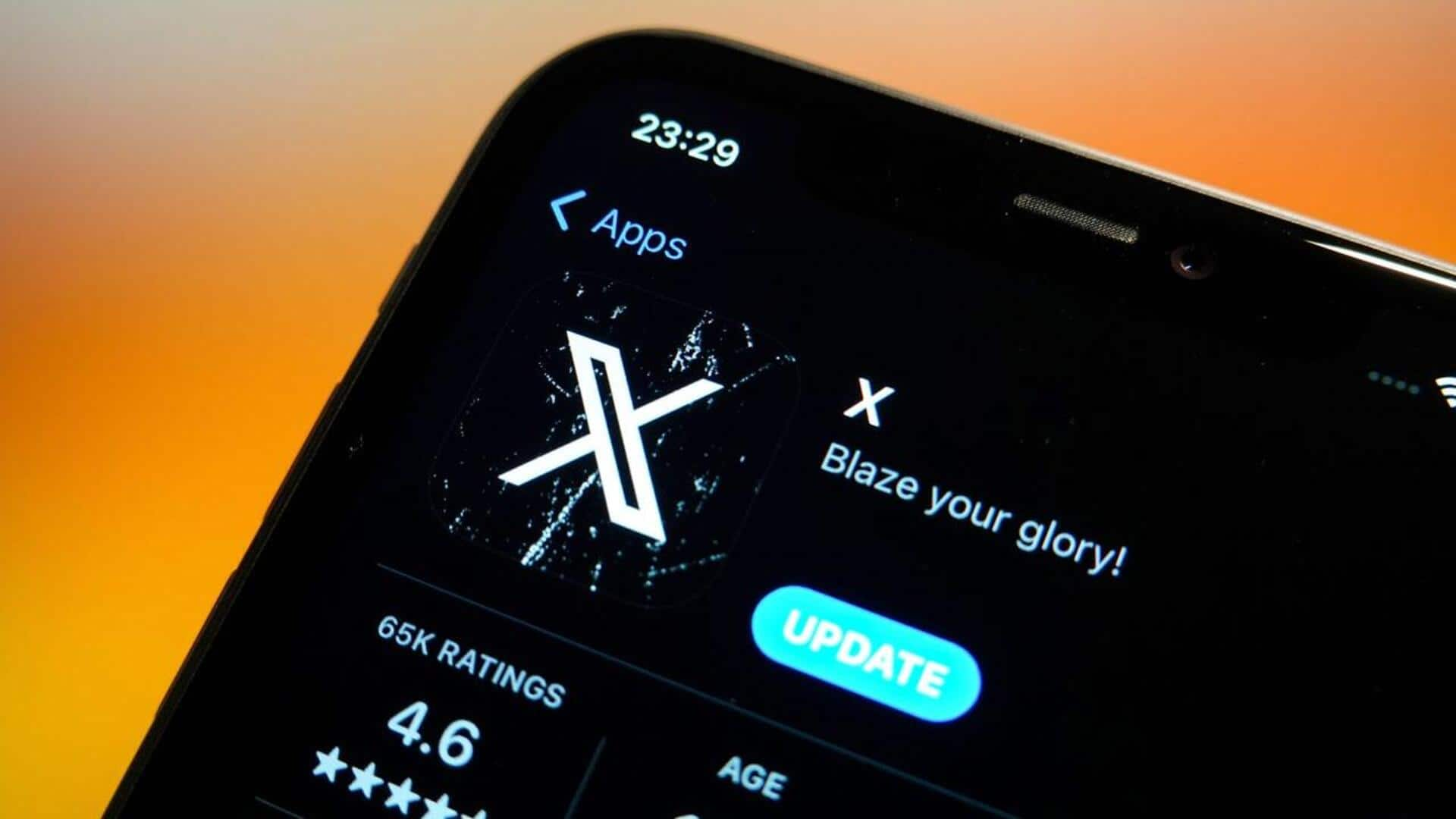
Australian court ends injunction on X over Sydney stabbing posts
What's the story
The Australian Federal Court has decided not to extend an injunction against Elon Musk's social media platform, X. The injunction, originally sought by the eSafety commissioner, was aimed at hiding posts, containing videos of a stabbing incident at a Sydney church. The court order was due to expire today, and its extension was denied ahead of a final hearing expected in mid-June.
Injunction details
Details of the injunction against X
The injunction was initially imposed after X made the tweets unavailable to Australian users only. They contained videos of an attack on Bishop Mar Mari Emmanuel during a service at the Assyrian Christ the Good Shepherd church in Sydney. The platform had also pledged to challenge this notice. However, now, Justice Geoffrey Kennett denied the application to extend this injunction.
Legal debate
Arguments presented by X's barrister
During a hearing on Friday, X's barrister, Bret Walker SC, argued that the company could not technically comply with the order to hide the tweets. Walker stated that X believed the notice given for tweet removal, was "manifestly inadequate" due to a lack of detail in the decision by the eSafety officer. The officer had classified these videos as "class 1" under Australian law and ordered their removal.
Dispute
Walker challenges classification of violent content
Walker contended that the "class 1" classification, which refers to a depiction of "crime, cruelty or violence," would not meet the level that would be refused classification by Australia's classification board. He further argued that such an act of violence captured closely on camera, does not meet this threshold. This argument was countered by Tim Begbie KC, barrister for the eSafety commissioner, who defended the decision document and its key factors.
Steps
Debate over global content control
Walker noted that X took all reasonable measures to prevent Australians from accessing these tweets, although they remained accessible via VPN, for a small subset of users. He described it as a "really remarkable proposition" for a nation to argue that the only step to control what's available to end-users in Australia, is "to deny it to everybody on Earth." Begbie countered this argument, stating that X routinely removed content everywhere, but viewed it as unreasonable when ordered by Australia.
Upcoming hearing
Case to return to court, possible intervention by rights groups
The case is set to return to court on Wednesday. Justice Kennett indicated he will likely decide whether two global digital rights groups - the Electronic Frontier Foundation and the Foundation for Individual Rights and Expression, should be permitted to intervene in the case. Begbie opposed their intervention, claiming these groups were attempting to shape a policy debate that was meant for the ballot box, not the case at hand.